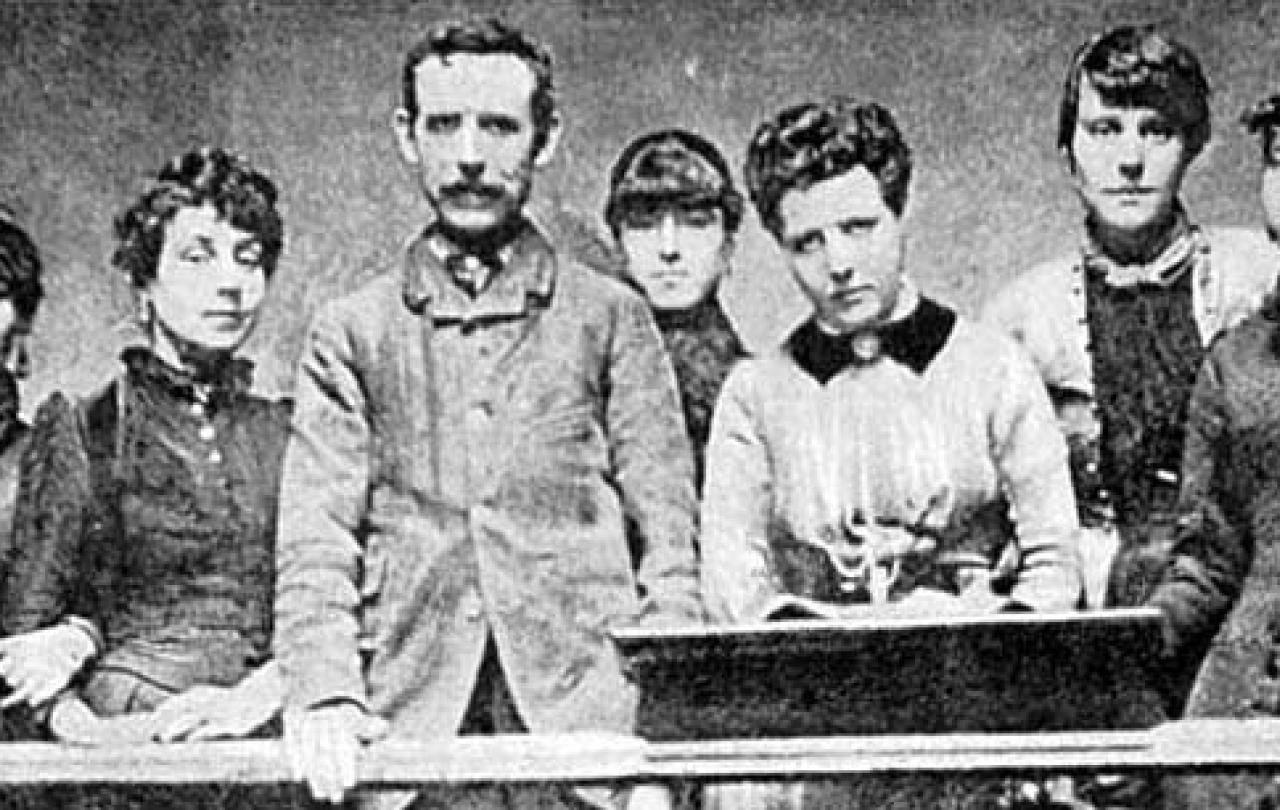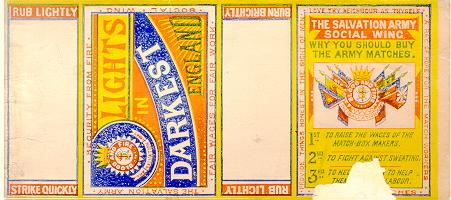
Christian Aid first met Lyuba Reznichenko in July 2022 after the then-25-year-old had fled her home, and her studies at the music academy in Dnipro, for a remote village in western Ukraine. She was sharing a bungalow with three families, including a friend from her church in Dnipro.
Her parents, brother and three sisters were still in Kherson, under Russian occupation - they were safe but Lyuba could not get to them. She spoke about her worries and said she missed playing music but was enjoying the nature around her.
I caught up with Lyuba, in Lviv, via a Zoom interview. She updated us on the liberation of Kherson but explained her parents were under constant shelling from the Russians.
Lyuba plays the bandura – the national instrument of Ukraine. Her father advised her to take her bandura with her when she escaped, so if she ended up with nothing, she could still busk. She has since staged performances in Lviv city centre to raise people’s spirits and talked about how emotional people get: “They all want peace and victory,” she said.
She also spoke about her faith, the work she has been doing helping refugees and the support she received from Christian Aid’s partner, Hungarian Interchurch Aid.
Lyuba said when she looks back at the past year, she gets frustrated:
“It sometimes feels like I am ready to succumb to all that. But I understand that we cannot do that. We must hope, we must pray. I do believe that God will help us and victory will be ours.”
What was your life like before the war?
I was studying at the Music Academy in Dnipro. Before that, I went to see my parents in Kherson during the New Year holidays… I was planning to go visit them again in March, but 24 Feb changed everything. I was in Dnipro and my entire family was in Kherson.
What did you feel when you learnt about the Russian invasion on 24 Feb?
Like the majority of Ukrainians, I started getting phone calls at 4am from my friends who were saying: “get up, the war has started.” It was horrible, I was very scared as we heard the first air raids and explosions. Horror is the only thing I remember about that day.
What happened next?
I stayed in Dnipro until mid-March. To avoid plunging into panic and depression and as a believer, I will be honest with you, I prayed a lot. I do believe that God supports, protects and helps. The church I used to go to opened a centre for the first wave of refugees from Kharkiv and Zaporizhzhya regions. As my own family was in the area under occupation and I could not do anything to help them, I decided to start helping those refugees.
Then I learnt of an opportunity to evacuate to western Ukraine in March, I grabbed it. This is how I ended up in Transcarpathian Region.
What’s your experience of interaction with Christian Aid?
I stayed with a very kind and hospitable family in a village there. They have many children and helped other refugees and I helped them every time I could. Then, in May I learnt of the Hungarian charity HIA, Christian Aid partner, and registered with them…
They supported me financially. As a student, I did not have any means. I could not ask my parents for helps as they were living under occupation and banks did not work there…
How did you stay in touch with your family?
It was a very difficult situation. There have been protracted periods, like a week, two weeks and a half, when I could not get in touch with them as there was no phone connection, no internet in Kherson. I was horrified by the news I read: a strike here, an explosion there. I was thinking about my family all the time.
But there were moments when I could reach them on a chat app. The connection was bad, but still, and when you hear the voice of your nearest and dearest, that’s a great relief…
How is your family now?
Kherson was liberated on 11 November… But then the situation only deteriorated because the Russians were shelling it from the right bank almost non-stop. My parents tell me that it is going on almost without interruptions.
When did you move to Lviv and return to Dnipro?
At the end of August, I moved to Lviv where I met other believers who were actively involved in charity work. I worked with them, too. We staged performances in the city centre. I played bandura and sang patriotic songs to raise people’s morale.
Then I returned to Dnipro to complete my studies… I continued cooperation with this organisation there… We were quite active there, too. We toured the region with performances, I played bandura a lot.
What is people’s reaction to your performances?
The reaction is abundant. People do react to my songs. They cry, too. They become very emotional. They all want peace and victory.
What do you feel about the first anniversary of the war?
It is all very difficult. When it all started, there was hope that it would end in a week or two. And then a month passed, another… Still there was hope that it will just come to an end.
When I look back at the year, I just become frustrated. It sometimes feels like I am ready to succumb to all that. But I understand that we cannot do that. We must hope, we must pray. I do believe that God will help us and victory will be ours.
What do you think about the UK charity organisations helping Ukrainians?
First, I want to thank you from the bottom of heart for supporting us all this time. This is an awful situation and many Ukrainians need help. Especially those living in eastern Ukraine, in hot spots, which have seen fierce fighting, the newly liberated territories where people have no place to live, where they lost loved one… Those people need more support.
I would like to say that more aid is directed there. Still, it is impossible to live there. It is not safe at all because of the non-stop raids and explosions. Those people who evacuated to the west of Ukraine need help. But they sometimes cannot get it because all the attention is focused on the east.
So if you can it would be good to distribute all the assistance among those staying in the east and those who moved here, to the west.






